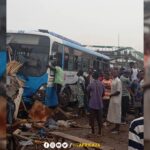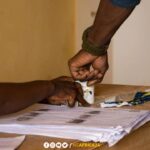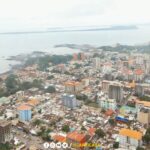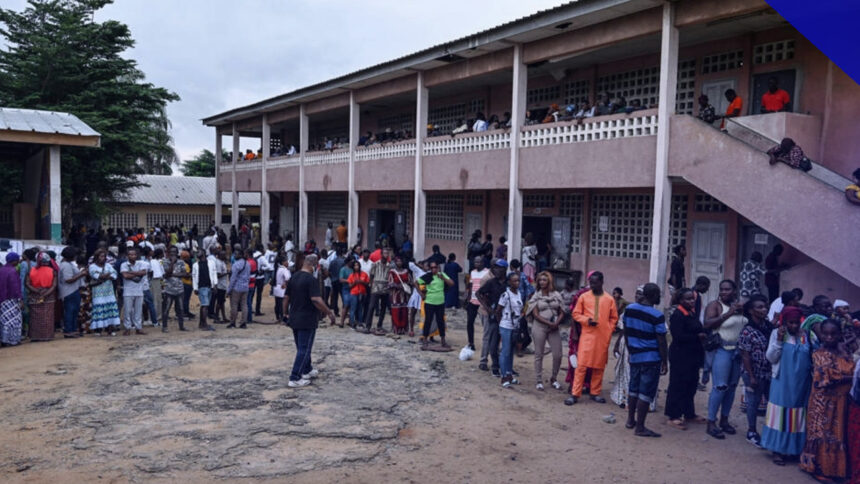In Ivory Coast, nearly 8 million voters were called to the polls on Saturday, September 2nd, for a double election – municipal and regional – to renew regional and municipal councils in 31 regions and 201 municipalities. The three major political parties fielded candidates, giving this double election the significance of a test run ahead of the 2025 presidential election.
In Yopougon, the largest district in Abidjan, voting proceeded calmly throughout the morning, although several polling stations experienced delays. In some centers, the necessary materials were not present, as was the case at William Ponty School, where we arrived at 7:30 a.m.
Overall, the voting process is proceeding smoothly despite sporadic delays. Turnout remains moderate, queues are relatively short, and voters cast their ballots peacefully while expressing their expectations.
The forthcoming mayor of Yopougon must address youth unemployment because there are limited job opportunities, and without them, “youths turn to crime,” explained Patrick, a father of a family.
Youth concerns are frequently raised by voters, as well as the lack of infrastructure and the need to improve roads since many of them remain unpaved.
Yopougon is the largest district in the Abidjan district and is of significant importance to political parties. Winning in Yopougon is a way to prepare for the 2025 presidential election.
Another crucial aspect is participation. In the last municipal elections, the participation rate was 35.78%. This election had generated numerous tensions, and accusations of fraud, and, on Friday night, the president of the Independent Electoral Commission called on voters to show discipline.
In the La Mé region
In the La Mé region, in the southeast of Côte d’Ivoire, in Adzopé, the Prime Minister, Patrick Achi, and former Laurent Gbagbo minister, Emmanuel Monnet, are competing in these regional elections.
Voting day has also started peacefully there, as reported by our special correspondent in Adzopé, François Hume Ferkatadji, who visited three polling stations on Saturday morning.
There is a moderate to significant turnout, with lines forming outside each polling station, primarily composed of elderly people wearing their best garments for the occasion, as well as young voters.
Occasionally, voters express impatience due to the slow process. Some arrived at the polling station at 8 am and had still not voted by 11 am, an especially long wait for women carrying their babies on their backs.
The voting system is digitized, with voters presenting their identification cards and then placing their index finger’s fingerprint on an electronic tablet – although the tablet sometimes malfunctions – to vote in both the municipal and regional elections.







